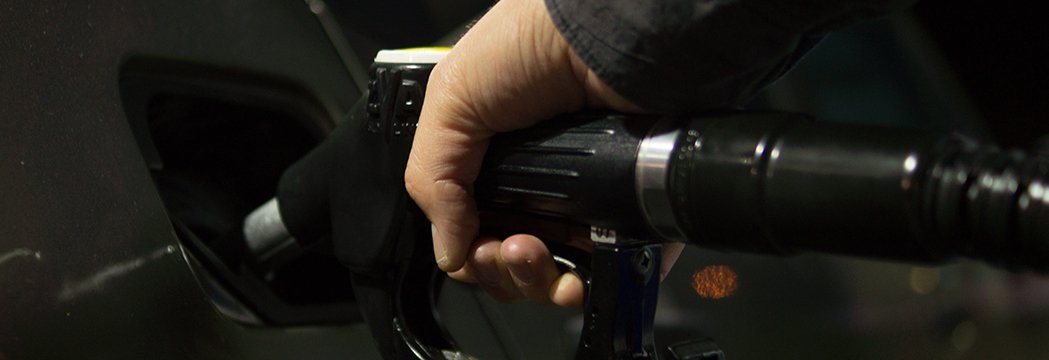Last week, Colonial Pipeline was the victim of a cyberattack from a hacking organization, which resulted in the company shutting down approximately 5,500 miles of gasoline pipelines in the United States. The company paid around $5 million via Bitcoin to recover their stolen data and regain control of their systems. The Federal Bureau of Investigation confirmed that the hackers were affiliated with DarkSide, a cybercriminal group with connections to Russia.
The cyberattack made an impact in the United States, with 85% of the public aware of the incident, according to the latest Economist/YouGov poll.
One in five Americans (20%) say they were personally affected by the gas shortage resulting from the fallout of the attack. Although there were doubts expressed about how much of a gasoline shortage there actually was, many people believed there would be one, resulting in long lines at the pumps.
People in the South were especially likely to have been affected by the gas shortage (29%, vs 12-17% elsewhere). Those with family incomes above $100,000 annually (32%) were more likely to be affected than those with lower incomes, those between $50,000 to $100,000 (17%) or less than $50,000 (17%).
Americans think paying the ransom was a bad idea
Most Americans believe that the company made a bad decision (52%) in paying the ransom and two-thirds (68%) say that the United States should take retaliatory action against the perpetrators.
There are party differences, with Republicans overwhelmingly rejecting paying the ransom (15% say it was a good idea, 65% say it was a bad idea), while among Democrats those figures are 27% and 46% respectively. Americans overall (20% vs 52%), including those who believe they were personally affected by last week’s Colonial Pipeline shutdown (32% vs 52%), reject paying ransoms in response to the cyberattacks.
There is far more partisan agreement when it comes to what the U.S. government should do now. Two-thirds (68%) believe the government should retaliate in some way against the hackers responsible for the cyberattack that shut the pipeline. What specifically the U.S. can do is not clear, but Democrats (68%) and Republicans (69%) agree there needs to be a response, as do both those personally affected (77%) and those who were not (69%).
See the toplines and crosstabs from this week’s Economist/YouGov poll
Related: Two-thirds of Americans approve of sending COVID-19 vaccines overseas
Methodology: The Economist survey was conducted by YouGov using a nationally representative sample of 1,500 US Adult Citizens interviewed online between May 15 - 18, 2021. This sample was weighted according to gender, age, race, and education based on the American Community Survey, conducted by the US Bureau of the Census, as well as 2016 Presidential vote, registration status, geographic region, and news interest. Respondents were selected from YouGov’s opt-in panel to be representative of all US citizens. The margin of error is approximately 2.7% for the overall sample.
Image: Photo by Skitterphoto from Pexels










